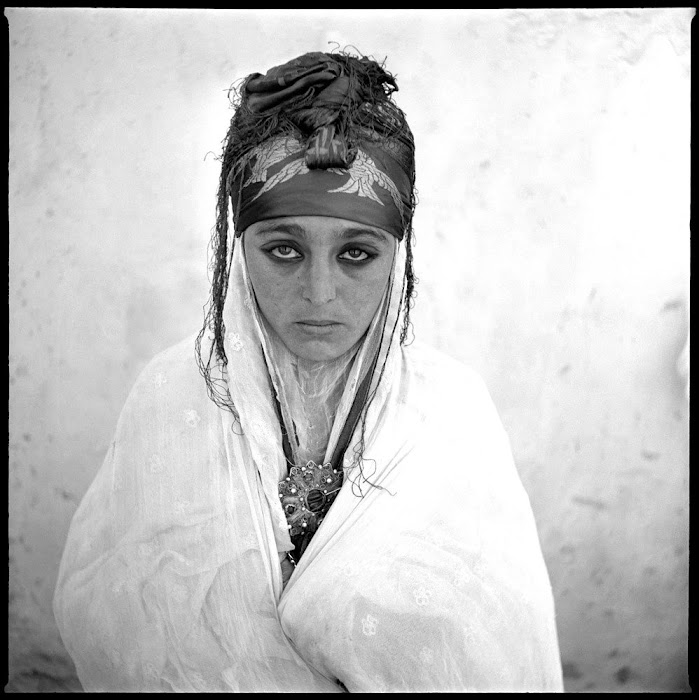Women expressing their religious identity by wearing a hijab are likely to become targets of Islamophobic attacks. Mustafa (2020) observes a normalisation and institutionalisation of gendered Islamophobia enhanced by European governments. In their attempt to liberate or save women they, in fact, oppress Muslim women and pave "the way for violence against them" since they identify the Islamic dress code as a symbol that is incompatible with the West. In the weeks following Boris Johnson's comparison of women wearing a burqa to "letterboxes" and "bank robbers", there was a 375% rise in Islamophobic attacks.

After the Brexit referendum results in 2016, hate crime incidents increased b 42% in the UK. Half of the incidents targeted visibly Musli women. Hate crimes against them rose by 300% in this period only. After the violent attacks in Paris and other parts in France in 2015, more women wearing covered clothing became targets of violence. Three years later, women still made up 70% of all victims of Islamophobic abuse in the country.
Muslim women are also more likely to become victims of hate crime and hate speech (offline and online) than Muslim men. They face greater discrimination when it comes to access to education, social services, health care, and employment. Some religious symbols, particularly the veil, are regardes as an important barrier for Muslim women when trying to access the labour market (Mustafa, 2020).
- - - - - - -- Mustafa, N. (2020). Muslim women don't need saving. Gendered Islamophobia in Europe. Amsterdam: tnt,link






















Thanks for the share!!
ReplyDeleteMany thanks for leaving a comment, Sam!
DeleteStunning picture, amazing.
ReplyDeleteSo impressive how Garanger shows his attitude to colonialism by the way he takes pictures of these Algerian women and captures their anger. An amazing photographer, indeed.
Delete